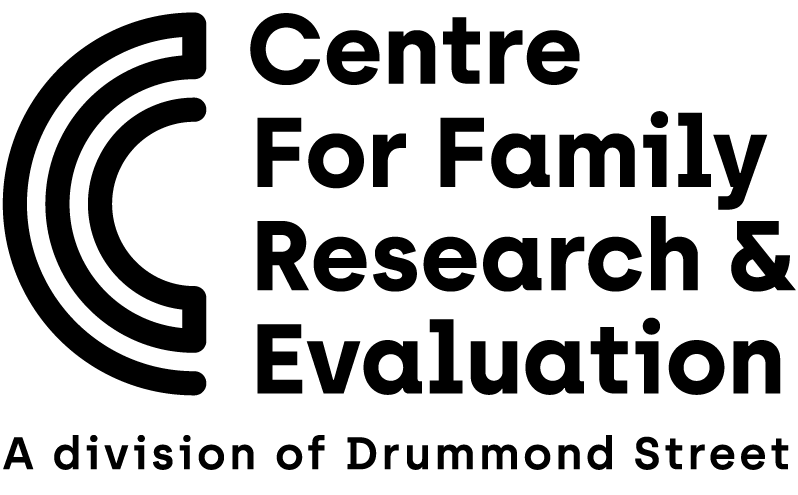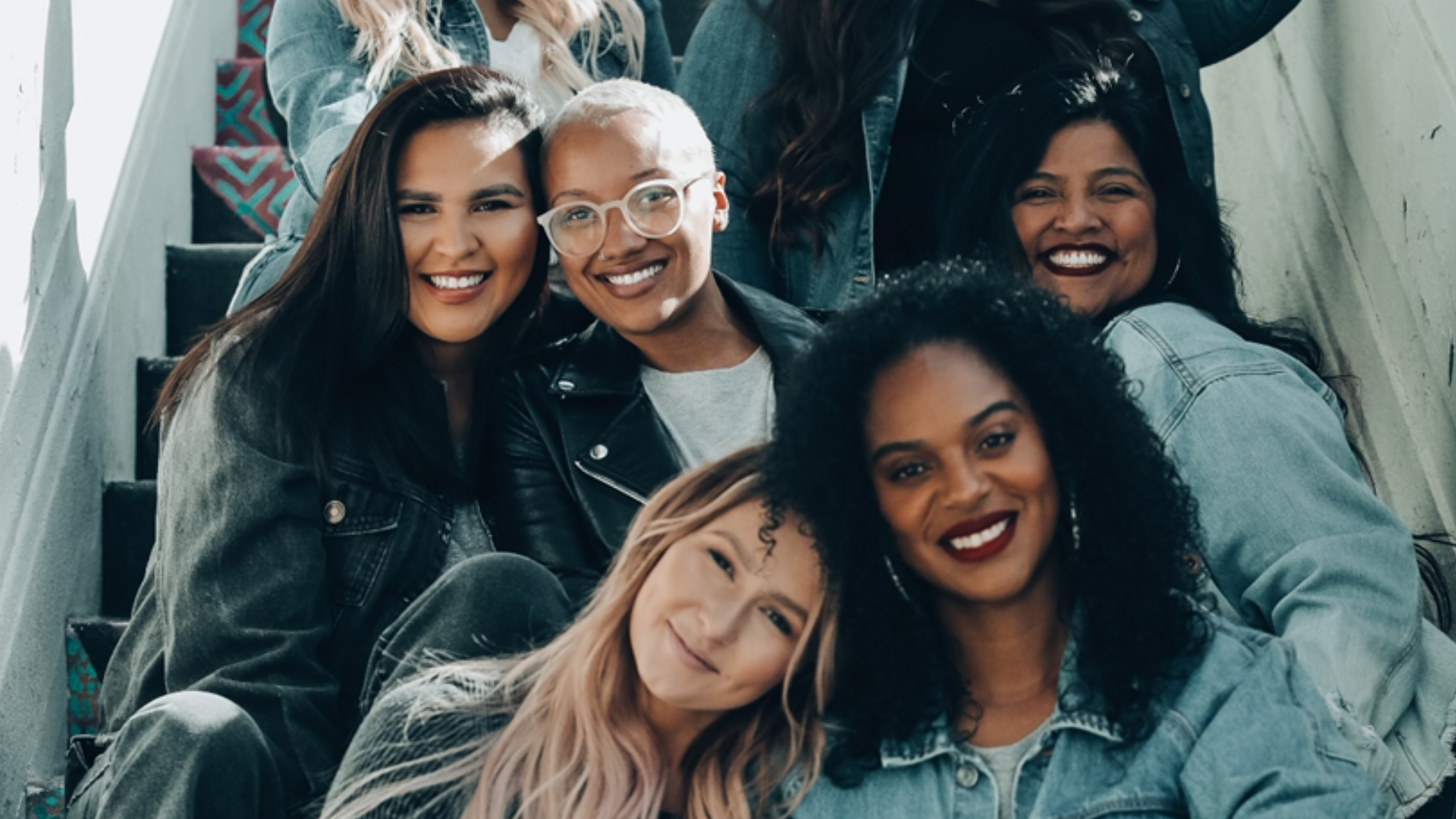The CLIK Guide is a practical resource to support family violence and sexual assault organisations to build an intersectional lived experience workforce.
What did we do?
We developed the CLIK Guide to support services, with a step-by-step guide and practical resources to support the integration of a lived experience workforce.
The guide integrated data from a number of sources including consultation with services, findings from the Victorian Royal Commission into Family Violence, contemporary research, and Drummond Street’s first-hand experiences implementing the iHeal Recovery Support Worker model.
What is the CLIK guide?
We developed the guide as a practical resource for service leaders, with tools integrated throughout. The guide is structured across four key sections:
- Background: Why a lived experience workforce is important for the sector and how it is situated within intersectional practice
- Readiness: How to engage in organisational readiness through elevating marginalised voices
- Implementation: How to implement and support an intersectional lived experience workforce through:
- drawing on existing diverse lived experience voices in the service
- supported hiring processes for new intersectional lived experience staff
- ongoing training and support for all staff
- evaluation and review of the process and outcomes.
- Resource guide: A collection of templates and examples that can be adapted and utilised in your service context.
Why did we develop the CLIK guide?
As recommended by the Victorian Royal Commission into Family Violence in Victoria (2016), building a lived experience workforce is a crucial step to provide more responsive support and genuine employment opportunities to victim-survivors. It is necessary to place lived experience in the context of intersectionality to ensure that services meet the needs of communities that face intersecting forms of marginalisation (including LGBTIQA+, First Nations, CALD, socio-economically disadvantaged people and people with disabilities). For services, this involves an examination of who currently holds power within the service, alongside the employment and support of victim-survivors with diverse forms of cultural, lived experience, and identity knowledge.
Building an intersectional lived experience workforce provides an opportunity to build on the existing expertise in the workforce, while uplifting the specific forms of knowledge held by victim-survivors from marginalised communities.
Downloadable resources
- CLIK Guide (PDF):The full guide
- CLIK Resource kit (Word): Editable copies of the templates and examples in Section 4 of the CLIK Guide
Training and Support
If you would like to contact CFRE about any aspect of the CLIK guide, or for enquiries about tailored training and capacity building for your organisation, please contact training@ds.org.au.

